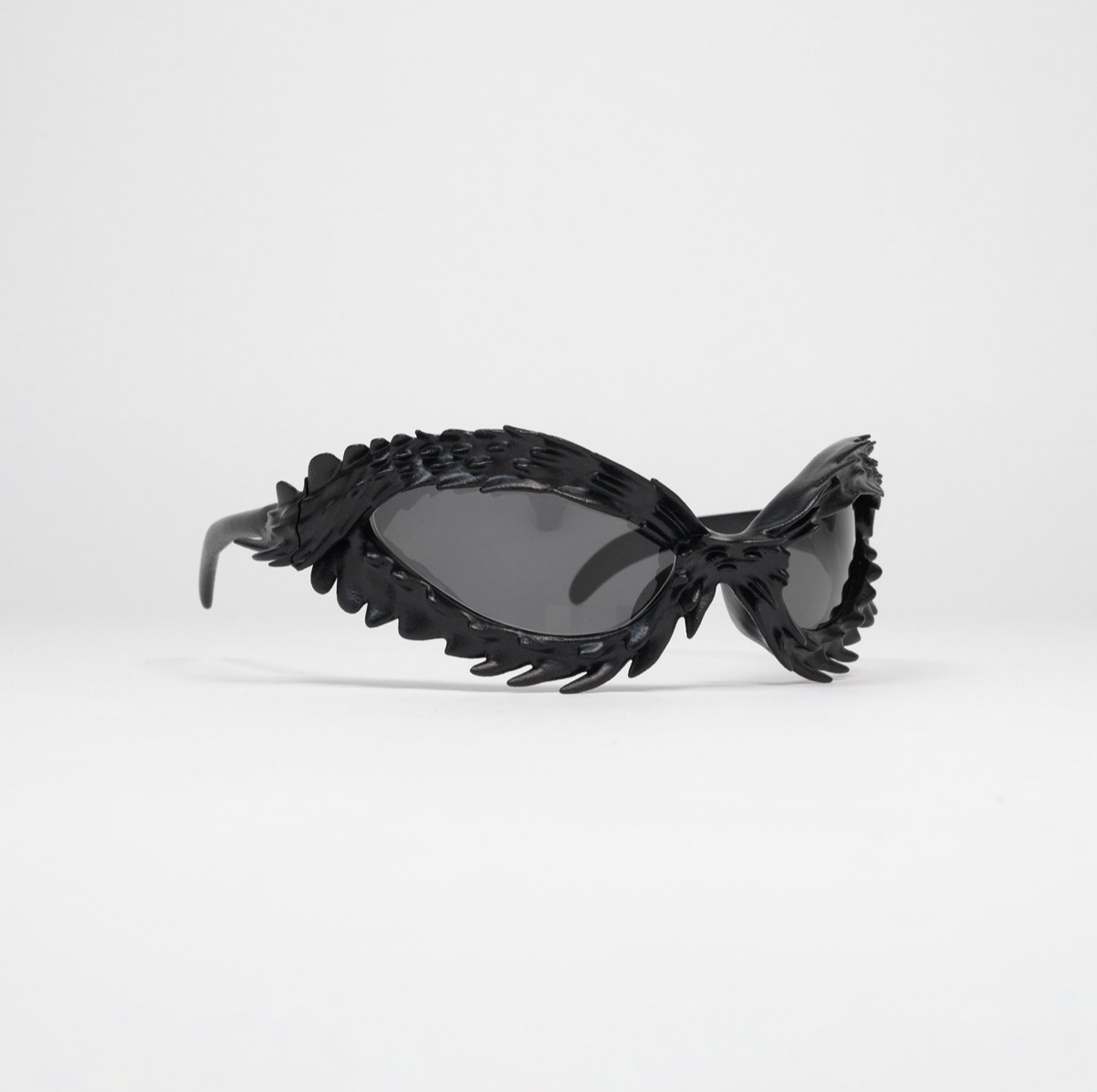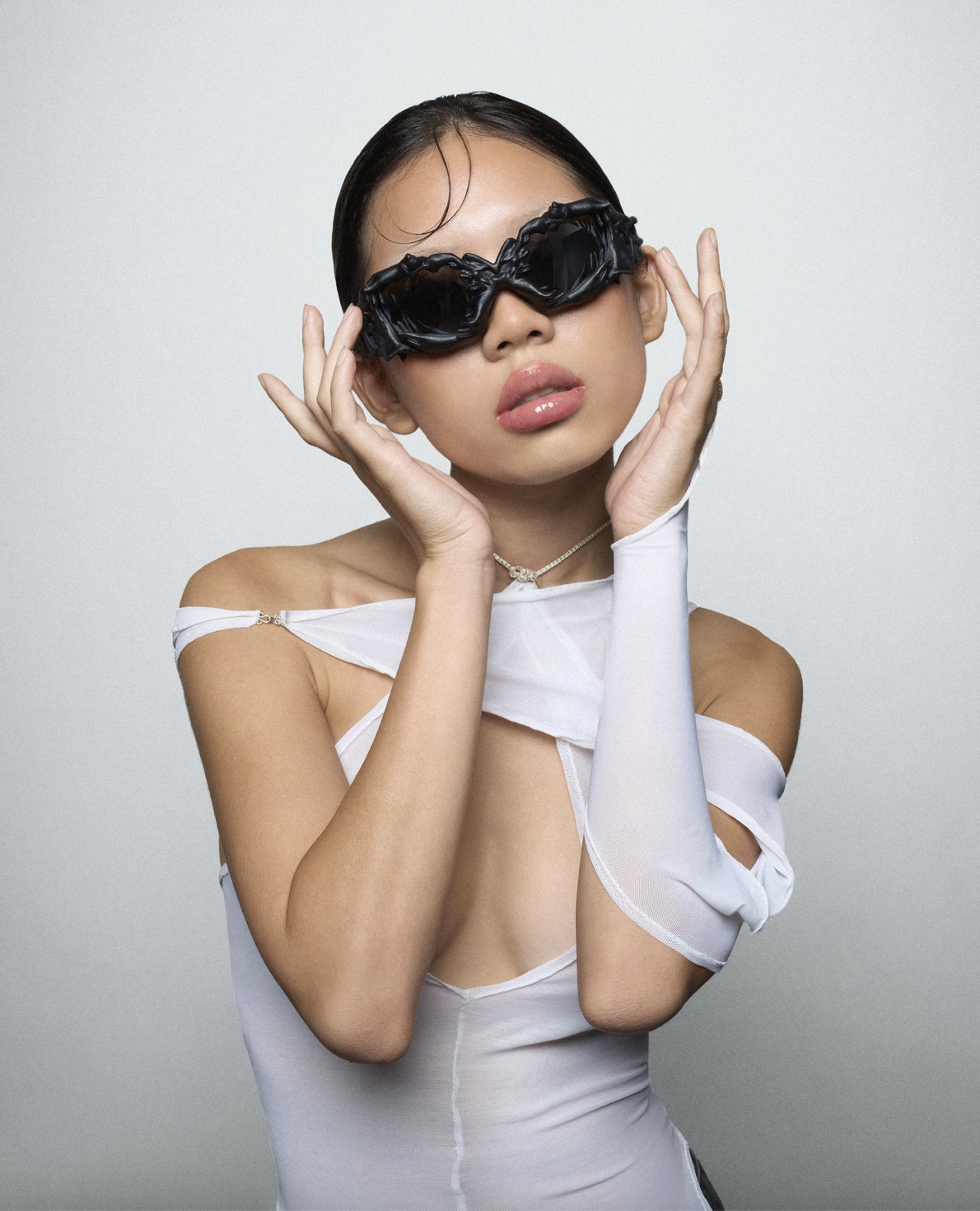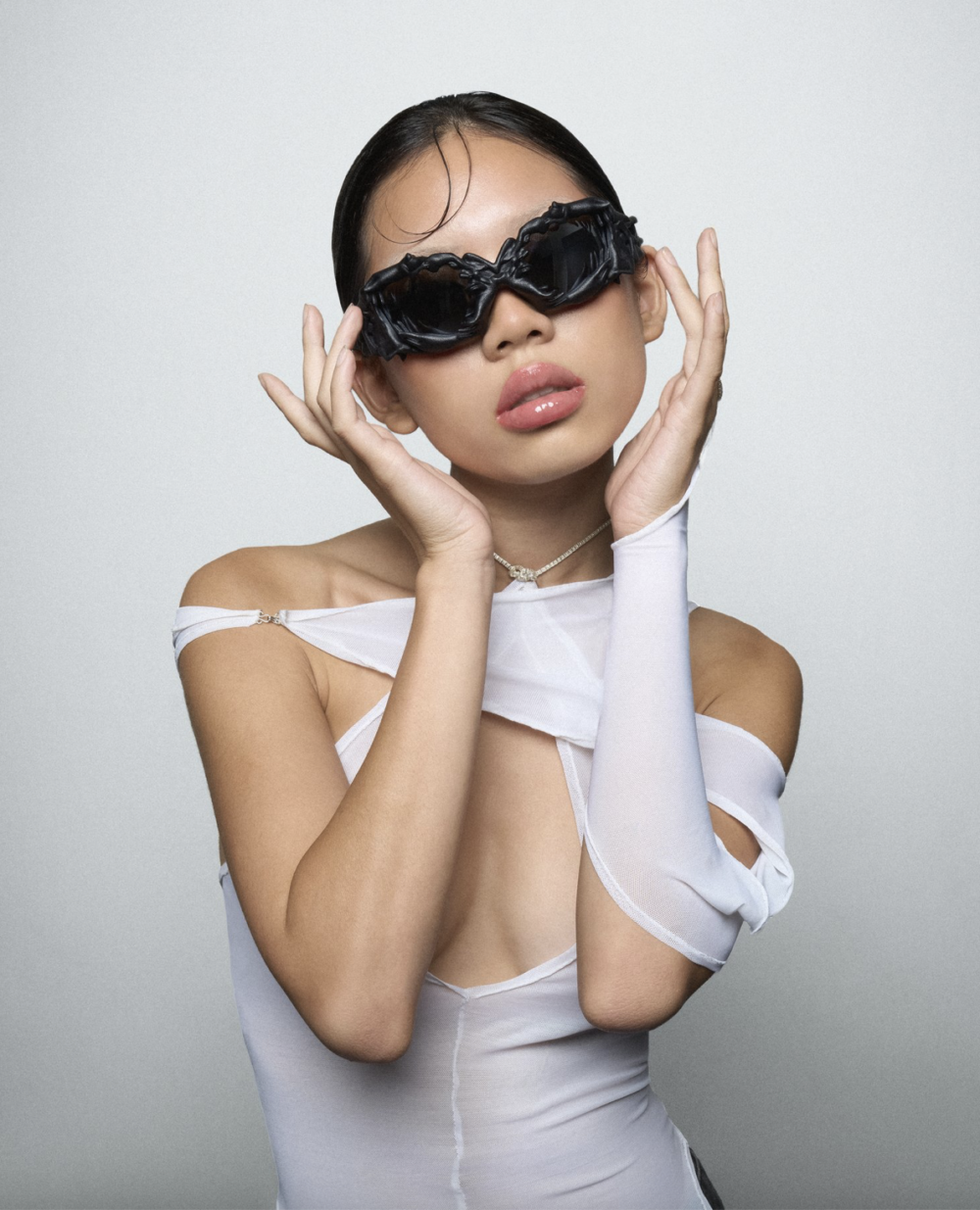Additive manufacturing (AM) technologies have proved time and again that they are capable of making things and making things better. This has proven true once again with the polymer powder bed fusion (PBF) AM process for the production of stylish and original eyewear.
As a case in point, Tides Studios, based in London, has built a successful business by focusing on eyewear, specifically sunglasses, utilising polymer PBF AM and some key finishing techniques alongside a made in London business model that contributes to its sustainability goals.
Founded by Joseph Alpert, Tides Studios is a sustainable design company that originally focused on make-up and brand packaging, until it expanded into eyewear and launched its own brands and full collection of sunglasses. It also produces bespoke, made-to-order sunglasses, or ‘Shades of Identity.’
The premise that the studio adheres to is that “sunglasses go beyond their practical role of sun protection; they tap into human desires for privacy, mystery, and control over perception. Ultimately eyewear has been a large part of popular culture from the stage to dancers in the crowd and we want to be part of that evolving story.”
For Tides Studios this evolution goes even further beyond the practicalities and the style – to the means of manufacture. Eyewear is not a unique application for AM in 2024, but unique is absolutely a word that can be attributed to the Tides Studios collection as well as commissioned, bespoke sunglasses for customers that are fully enabled by additive technologies and an ecosystem of efficient finishing technologies.
According to Joseph: “The nature of additive technologies is a key enabler for how we design and empowers us to experiment freely, pushing boundaries to create eyewear that fits a diverse range of styles, faces, and preferences. Thus, for us, and many of our customers, eyewear isn’t just an accessory—it’s a platform for self-expression, reflecting both cutting-edge technology and the individuality of its wearer.”
Joseph and his team had been watching the maturation of AM technologies for a number of years and utilising them frequently for product development work. The ideas for the sunglasses had materialised 2-3 years ago, in collaboration with a fashion brand La Maskarade, but the early prototypes were heavy and not user-friendly in the slightest. The idea to use 3D printing technologies to hollow out the heavy frames was posited and tested, with functional prototype runs that resulted in the first model for the studio.
Subsequently, Tides launched the first models and garnered “a ton of interest,” according to Joseph. “It really blew up and exceeded our greatest expectations and we transitioned to an eyewear business full time about a year ago.”
The business is fully enabled by 3D printing, with Joseph’s convictions that additive technology, specifically PBF, could produce Tides original designs paying off. “Although, it wouldn’t have happened without an old man in engineering collaborating with young people in fashion,” he quipped. The development phase took time too, and Joseph and his team worked with 3D People during this time.

“We did send prototypes out to other AM bureaux early on, and there were some good results with the prints themselves. What sold us on 3D People, though, was how accommodating they were to our vision, and finding solutions that would allow us to develop the collection and move into production with them. While the PBF production process is vital, we needed more. Specifically in terms of bespoke colour options and a superior finish to every pair of glasses.”
Polymer PBF AM processes offer the best strength and flexibility for eyewear as well as enabling complex, unique and intricate designs that can be produced cost-effectively. However, finishing PBF parts that come off the machine is an essential post processing step for any application that is going to be touching the skin. PBF parts tend to have a sand-papery feel to them and can be rough, especially on the sensitive skin around the face. Smoothing and strengthening the surface finish is a must.
Indeed, 3D People were able to offer Tides Studios a unique finish solution to meet their needs in a cost-effective way. They were able to combine their in-house vibro polishing and vapour smoothing capabilities to achieve the ultimate finish. This, along with the broadest palette of colour dye options in the UK gave Tides exactly what they needed. As a result, 3D People are now completing batch production runs for Tides Studios every month, up to 500 items each time.

Felix Manley, Co-Founder of 3D People commented: “Working with Joseph and the Tides team has really cemented for us how important finishing options are for production applications of additive techs like MJF and SLS, which we run in-house at our facility in London. It is why we place as much emphasis on finishing systems as we do on the 3D printing systems. By focusing on the application, we are able to deliver the best possible finishing results, which, when you look at the Tides Sunglasses, speak for themselves.”
The London connection is an important one. All of Tides Studios sunglasses are sourced and made locally in London. This is with the single exception of the lens base, with the only factory to manufacture them based in China. However, that is sourced raw and is then cut and assembled at Tides’ Whitechapel operations. As Joseph commented: “‘Made in London’ isn’t just a label—it’s a commitment to sustainability, authenticity, and accountability in every pair of glasses we create.”
Tides Studios designs and makes sunglasses for customers from all over the world, and this includes for some recognisable names such as Beyonce for her Renaissance tour, and British stylist, Betsy Johnson.
The full collection can be viewed here.








